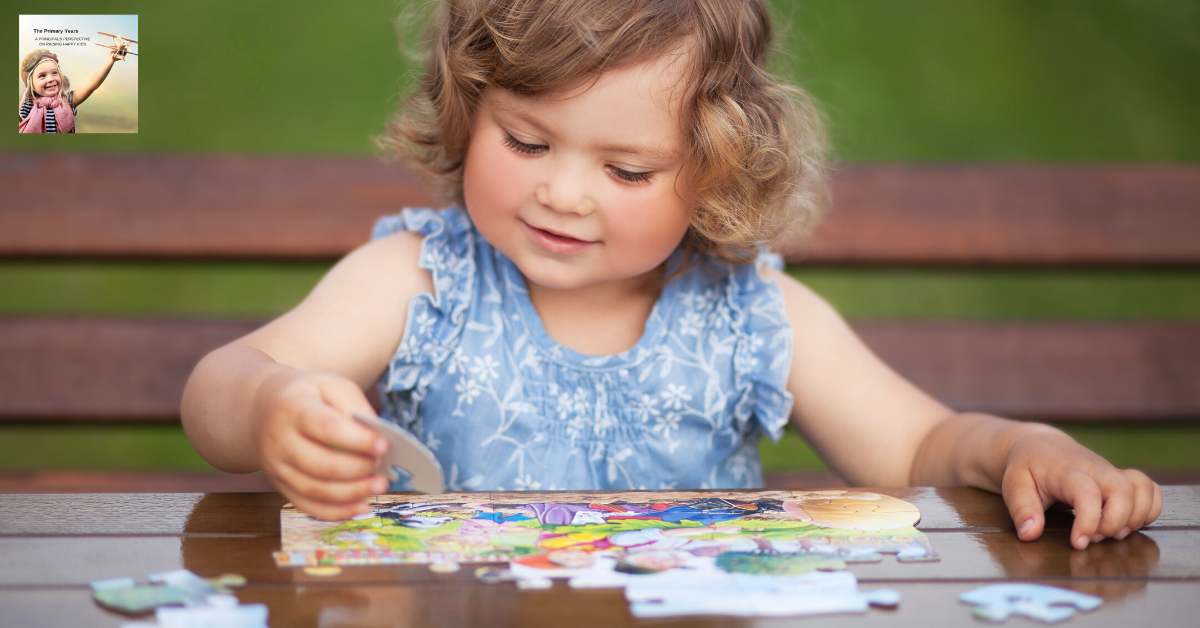No surprises that, this can cause tension in a family. After all, once children are on the scene, how you relate to your spouse changes and how much quality time you have for your relationship also alters. Resentment can build if a parent becomes dissatisfied with their overall capacity to manage the family, or if they feel support is not apparent.
Let me reassure you that it is normal to have come from different sets of families and we should be grateful for the difference and see it as a strength not a weakness.
Children are very wise in determining which parent will listen and be sympathetic to their needs. They will naturally gravitate around that person in times of need. However, children need the richness of both parent’s style of management and background. From time to time they should be engaging with both parents on important matters rather than gravitating around the one that is more compliant.
Here are a few tips on how to work with children whilst accepting different styles in parenting.
Be open with your child. Tell them that sometimes mummy understands things well and other times dad is better at discussing concerns.\
Be authentic. Your child will quickly work out your limits in coping with situations.
Use family time to talk about how you were both reared. This gives the child an understanding of how you learnt about parenting and what presses your buttons.
Ensure that from to time you illustrate how the other parent is important in working through issues.
Both parents on a common front do need to be effective listeners to their children. However, it is quite reasonable to say after listening:
“It sounds like that is quite a problem for you. Mum would have a very good understanding of how to support you in that area. Let’s talk to her.”
Here you are listening and recognising the better support for your child. It is worthwhile showing the child that you are a united front in listening to the child. No matter what your style, without the skill of listening, where the child feels valued and heard, nothing more will work.
If a child discusses issues with both of you, remember that helping the child to negotiate through a problem is the best option.
“I am not sure what the best option is. Together let’s brainstorm some solutions”.
When it comes to managing poor behaviour, consider your tiredness and suitability to manage the issue. Sometimes if a child has repeated poor behaviour, consider the other parent working through the issue with your child. Sometimes a parent just needs respite from handling repetitive difficult situations.
“I am really finding it difficult to help you at the moment, let’s talk to dad about that.”
As a family, discuss family issues together. This teaches the child that although there may be different opinions you all work together on matters and respect everyone’s position.
“Let’s talk about dinner time. Everyone needs to help and so far mum is doing all the work. I am sure we can find a way forward.”
In schools, some parents at the beginning of each year would become anxious about the new personality or style of teacher. Perhaps they would not suit their child. After all their child has accustomed themselves to the previous teacher.
The fact that the child was learning about how adults operate differently was in fact a good thing. It challenged the child to respond to a new style of leadership in the best possible way. They were exercising their mind to work differently with a new teacher who would have their own style of responding to different situations.
Similarly, parenting styles if different and handled with care can benefit a child in recognising how to work differently with people and to respect various opinions and approaches all driven by their own experience.












